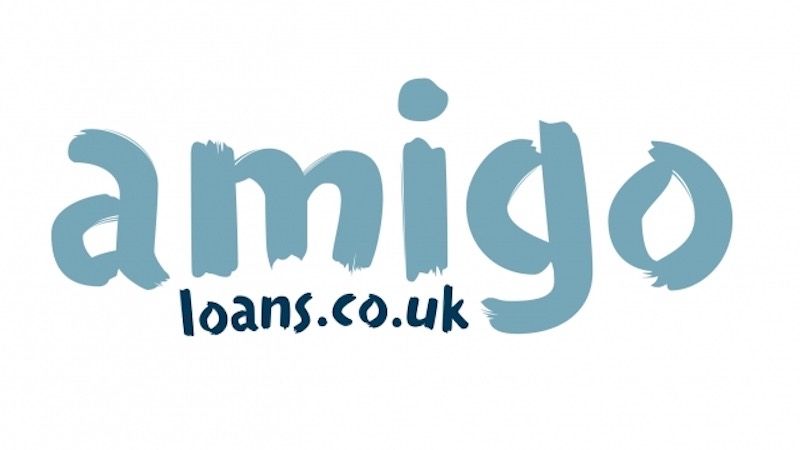26
May 2021
Future of Guarantor Lender Amigo in Question as High Court Rejects Compensation Cap
The high court has refused to approve a controversial plan to limit compensation owed to customers sold unaffordable loans by Amigo, leaving the guarantor lender at risk of collapse.
Mr Justice Miles said he was “not satisfied that the court should sanction the scheme.”
After sliding last week in anticipation of the ruling, shares in Amigo crashed by 55% on Tuesday following the judgment.
Amigo sells guarantor loans backed by the borrower’s family member or friend. The loans, at a steep interest rate of 49.9% APR, are typically used by those with poor credit scores who can’t access other forms of credit.
Amigo has been under scrutiny from the Financial Conduct Authority (FCA) over claims it failed to carry out basic financial checks on borrowers and sold unaffordable loans. As many as one million current and former Amigo customers could be owned redress. Similar claims for compensation have felled a number of subprime payday lenders over the last few years.
Deluged by complaints and claims for compensation from those mis-sold loans, Amigo proposed a controversial “rescue plan” which would have capped payouts to £35 million and 15% of profits over the next five years.
Debt campaigners and MPs had sharply criticised the plan, which they say would be unfair to the UK’s poorest borrowers. A provision allowing board directors to earn £7 million in long-term bonuses drew particular censure.
Amigo put the plan in front of customers on 12 May and said 95% approved it. The lender had suggested it would become insolvent without the cap on compensation, saying claimants would then receive even smaller payouts or none at all.
But the judge noted that turnout in the vote had been very low, at 8.7%. He also accepted concerns raised by the FCA that those owed compensation lacked the financial literacy to assess the scheme and the alternative options available to them. They may not “understand the basis on which they were being asked by Amigo to sacrifice the great bulk of their redress claims, while the Amigo shareholders were to be allowed to retain their stake,” Miles said.
The FCA initially suggested it wouldn’t oppose Amigo's proposed scheme of arrangement but reversed that decision earlier this month. The regulator said it believed the compensation cap is unfair, benefiting shareholders at the expense of creditors, who would have to surrender about 90% of the value of their claims against the company.
In response to the ruling, the regulator said it “believes that Amigo can propose a fairer scheme” and suggested alternatives such as a debt-for-equity swap.
"The FCA considered it necessary in this case to share with the court its view that the scheme as proposed was inherently unfair, as it placed a disproportionate burden on customers, as opposed to shareholders and bondholders, to keep the company afloat,” the watchdog said.
Amigo chief executive Greg Jennison said the company was reviewing its options, including a possible appeal. “Amigo is incredibly disappointed that the scheme has not been approved despite the 74,877 customers who voted in support of the scheme, representing over 95% of those who voted,” he said.
The judge also dismissed Amigo’s claims that rejection of the plan would lead to immediate insolvency.
The ruling prompted a frenzied sell-off of Amigo shares, with prices falling more than half on Tuesday. It was a grim chapter for a company that was once valued at more than £1 billion and debuted on the FTSE250 in 2018. Amigo hoovered up much of the business of collapsed payday lenders like Wonga and became of the UK's largest remaining subprime lenders.
But it quickly drew negative media attention, regulator scrutiny and consumer complaints and has been roiled by divisions within its leadership. At the close of business on Tuesday, shares were trading at 8.3p, down 97% from Amigo’s 2018 IPO.





